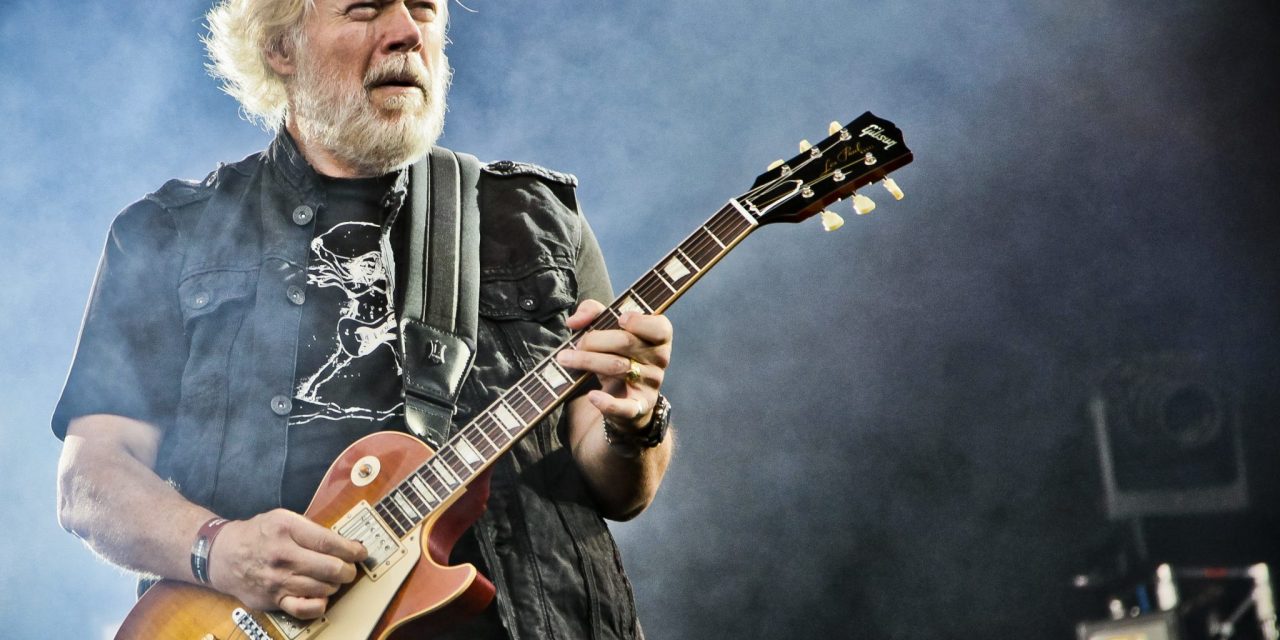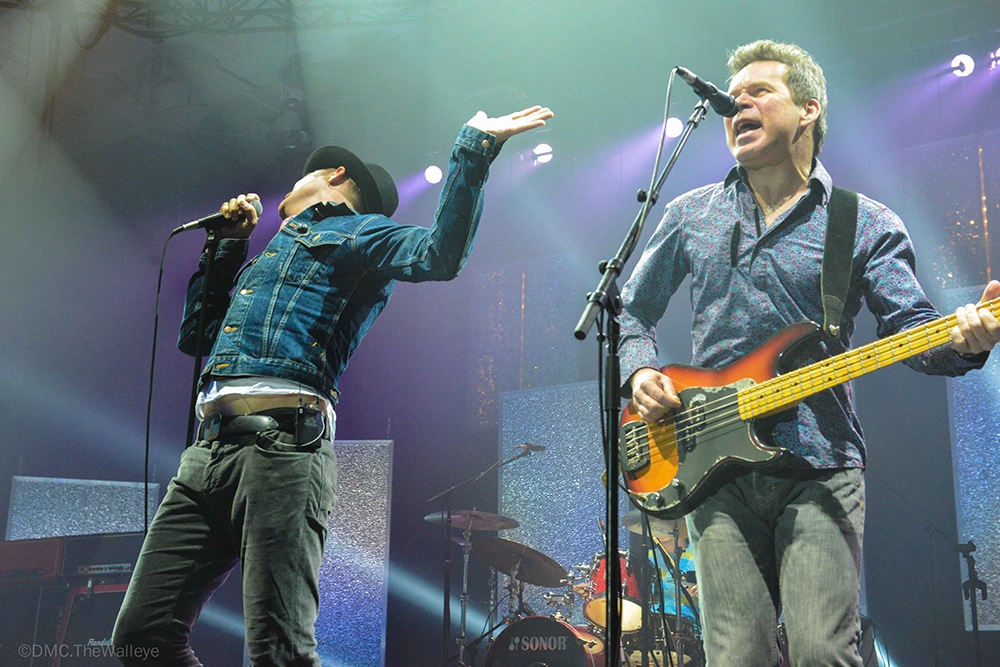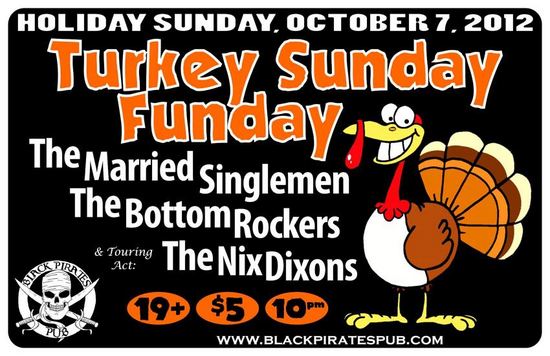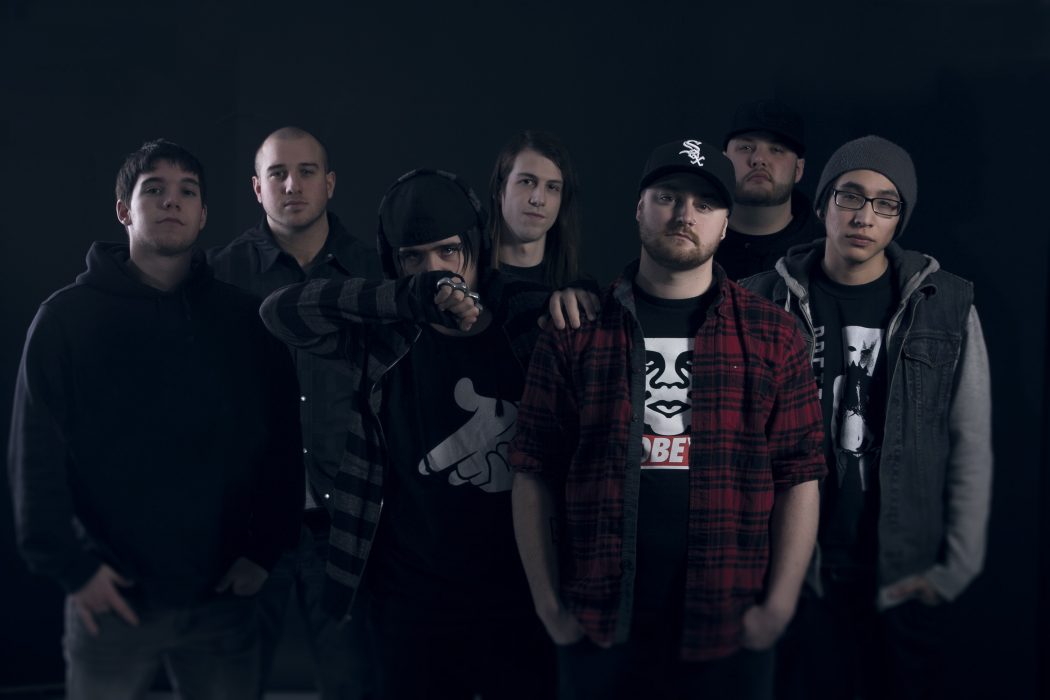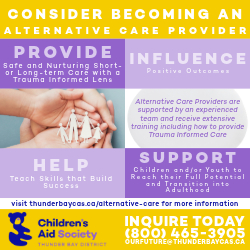Story by Justin Allec, Photo by Christie Goodwin
Randy Bachman doesn’t just talk during interviews; he sings, he hums, snaps his fingers, and does everything short of playing his guitar. He’s an elder statesman of rock and a musician’s musician, still as much of a fan of great music today as he was when The Guess Who were starting out. Bachman’s ready to head out on the road again with his latest album, By George by Bachman, a collection of George Harrison songs he’s reinterpreted. The Walleye had a chance to speak with him before his appearance at the Thunder Bay Community Auditorium on March 7.
The Walleye: Where does the idea come for a project like By George by Bachman?
Randy Bachman: I was fortunate enough to get to know Jeff Perry, who owns the stage rights to Let it Be, where he does this tribute show to the Beatles all over the world… it’s four guys dressed up just like the Beatles, and they do songs from the early days right up to rooftop of Abbey Road when they broke up. He invited me to the premiere in London, which coincided with John Lennon’s 75th birthday. So I went to that—I’m a tourist, a fan—I get on the bus, see Strawberry Fields, Penny Lane, the Beatles museum… it was amazing for a Beatles fan. On my way home I realized—George was the youngest Beatle, so when is he 75? It was February 2018, and I thought, I’ve always sang the George songs in every band that I’ve been in ‘cause I was the lead guitar. Our drummer always sang the Ringo Starr songs, Burton would sing the Paul McCartney songs, so I thought, hey, I’m going to do a George album. I’ll take all the George songs I do, I think there were 35, and I can’t do them any better than the Beatles, so I’ll do each song differently. I’ll reinvent each song like a songwriter. Imagine if George walked in with a song like “Taxman”—what kind of groove or beat can I put to it? I just tried to have fun with it.
TW: The arrangements you settled on are really different from the originals. Did you just start with the lyrics, or pick a melody you like? How did you figure out what your George songs would sound like?
RB: I took songs that I liked and ones that I can sing… I can’t sing something like McCartney! So I would put these songs on in the middle of the night, and I got a program with different drum loops. I would print up the lyrics and think, “How can I play ‘Something in The Way She Moves’ but not do it with a zillion chords; I want to use only three chords?” I’ve heard it done a lot lately on jazz stations—new artists taking classic rock and redoing them. I went a little nuts with, like, three versions of each song, then I’d send them to my band for their opinions. Once we were happy we went into the studio and recorded live off the floor, a very Beatle-y way to record, with my band doing the harmonies, and it ended up being a lot of fun. We’ll be playing a few of them on the tour.
TW: As for your own songs, how do keep them feeling fresh? How do you keep the excitement when you’ve played it so many times?
RB: It’s easier now, actually, because everybody sings along. To look out there and see people of all ages, even teenagers singing the song—it’s amazing because when we first played it, nobody sang it, nobody knew it. There’s a real switch over that comes halfway through your career when your songs don’t get played anymore on the radio because you’re in this void, but then suddenly you get picked up again, you’re part of classic rock, fit into radio’s format, part of movies and commercials, you’re everywhere all of sudden. That’s what’s neat about these concerts. I do my solo stuff, BTO songs, Guess Who songs. I love touring and people telling me that we were their first concert, or we blew the headliner off the stage, then we came back the next year, the year after—that’s how you make fans and keep fans.
TW: What makes a good song? What makes a song worth sharing?
RB: I follow the adage that you have to have a hook—the guitar plays, you know what it is the first time you hear it. Then you have to sing a hook. You sing it, and the next time it comes along in the song you can sing along to it, because if you can’t sing along to it, you never want to hear it again. There are exceptions—Queen’s “Bohemian Rhapsody” for example—but it helps if songs are LCD, lowest common denominator, three chords, some lyrics you can relate to, and then you have a hit. Or a chance at a hit, because then it’s up to radio, the people listening and if they want to hear it again. You could write what you think is the greatest song in the world, but it isn’t if nobody wants to hear it again.
This interview has been edited and condensed for length and clarity.


